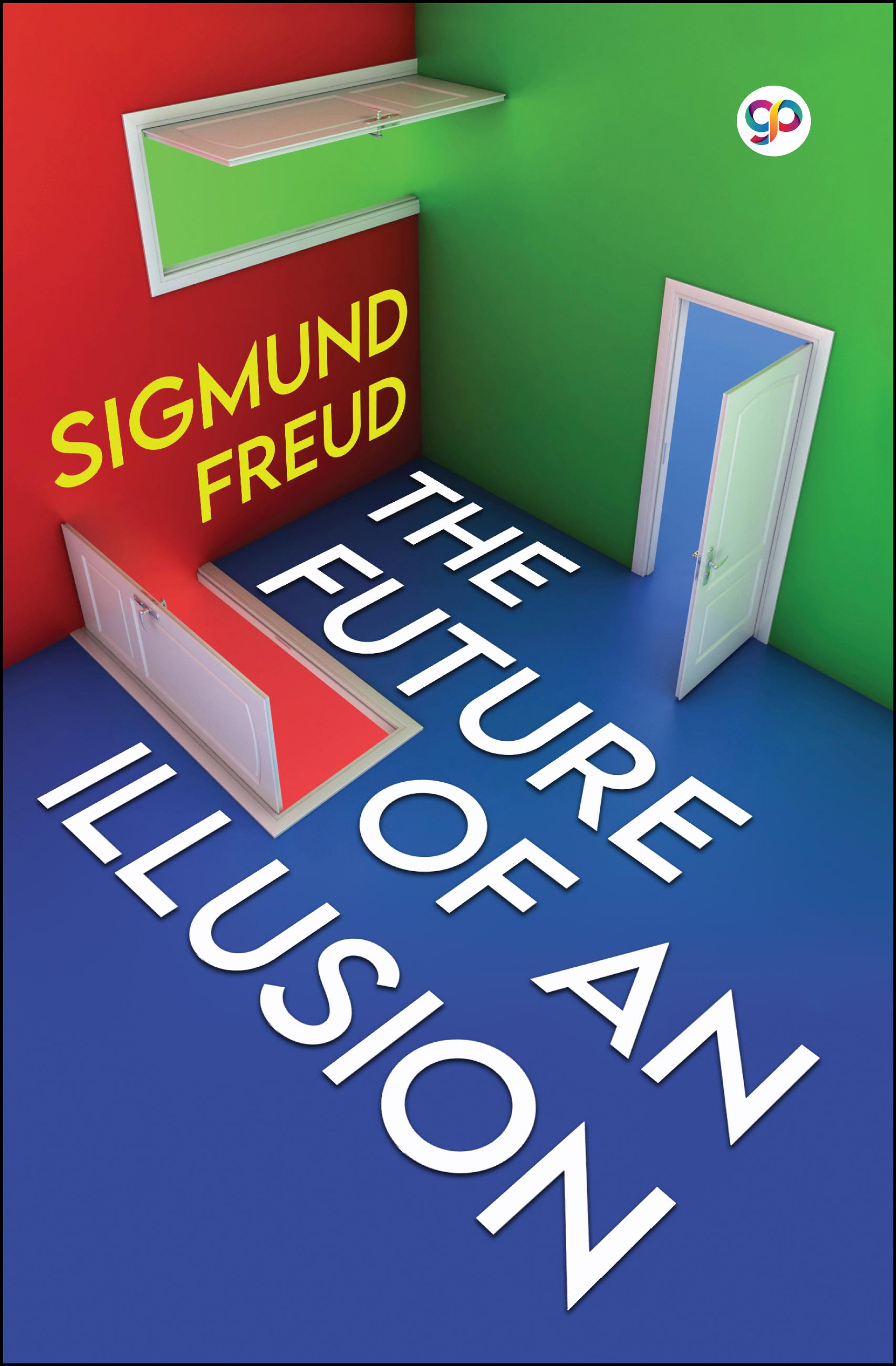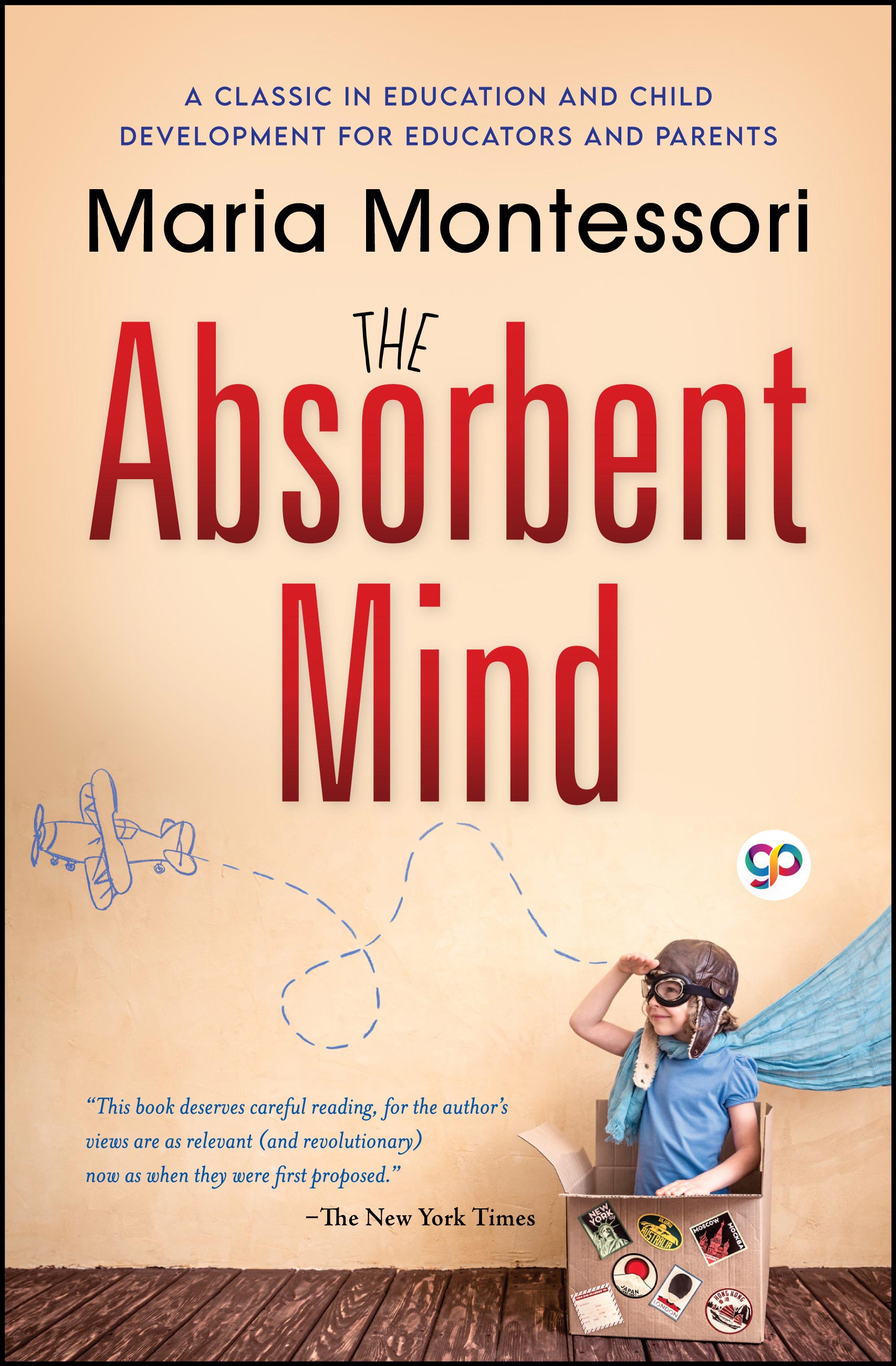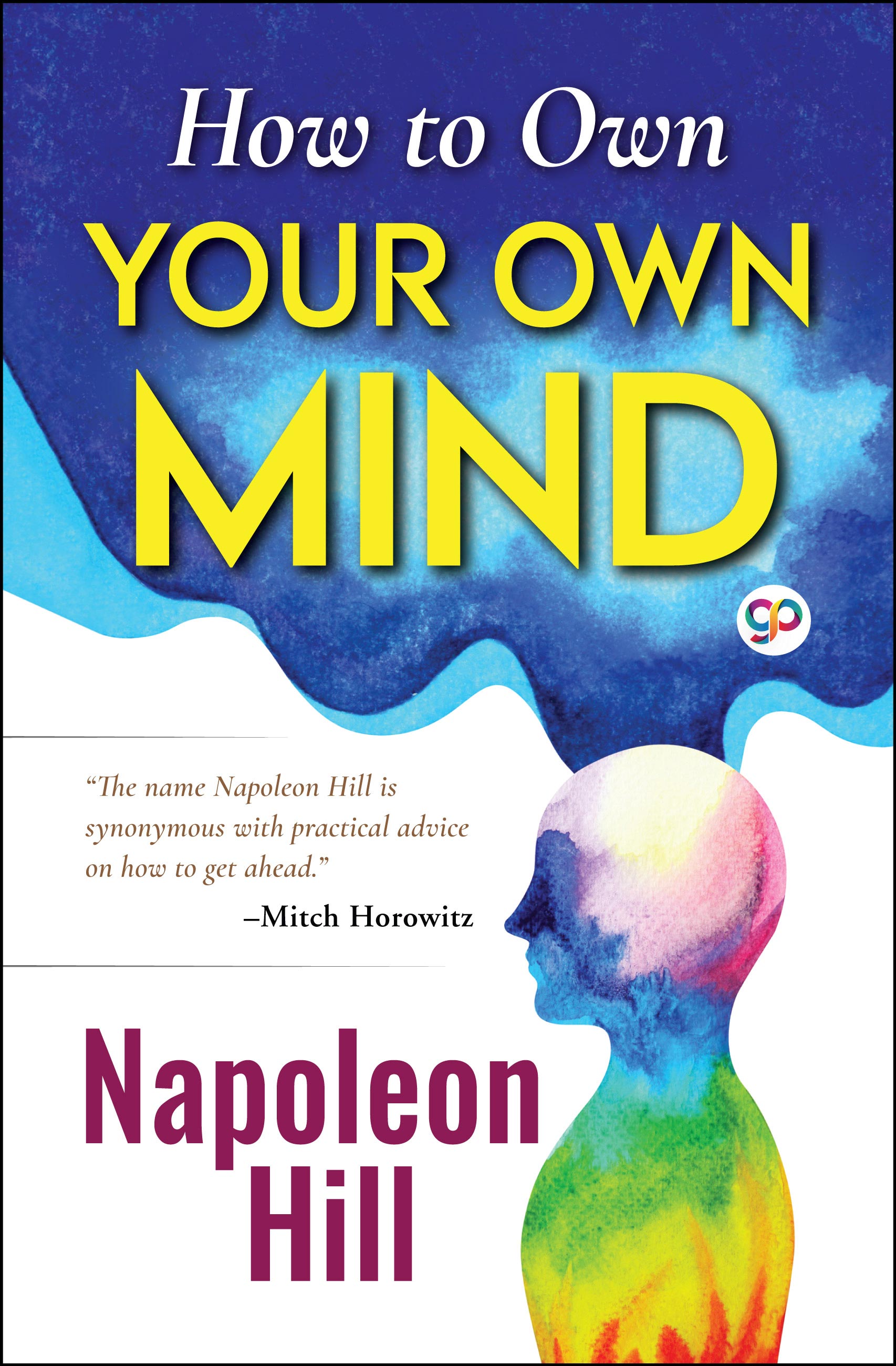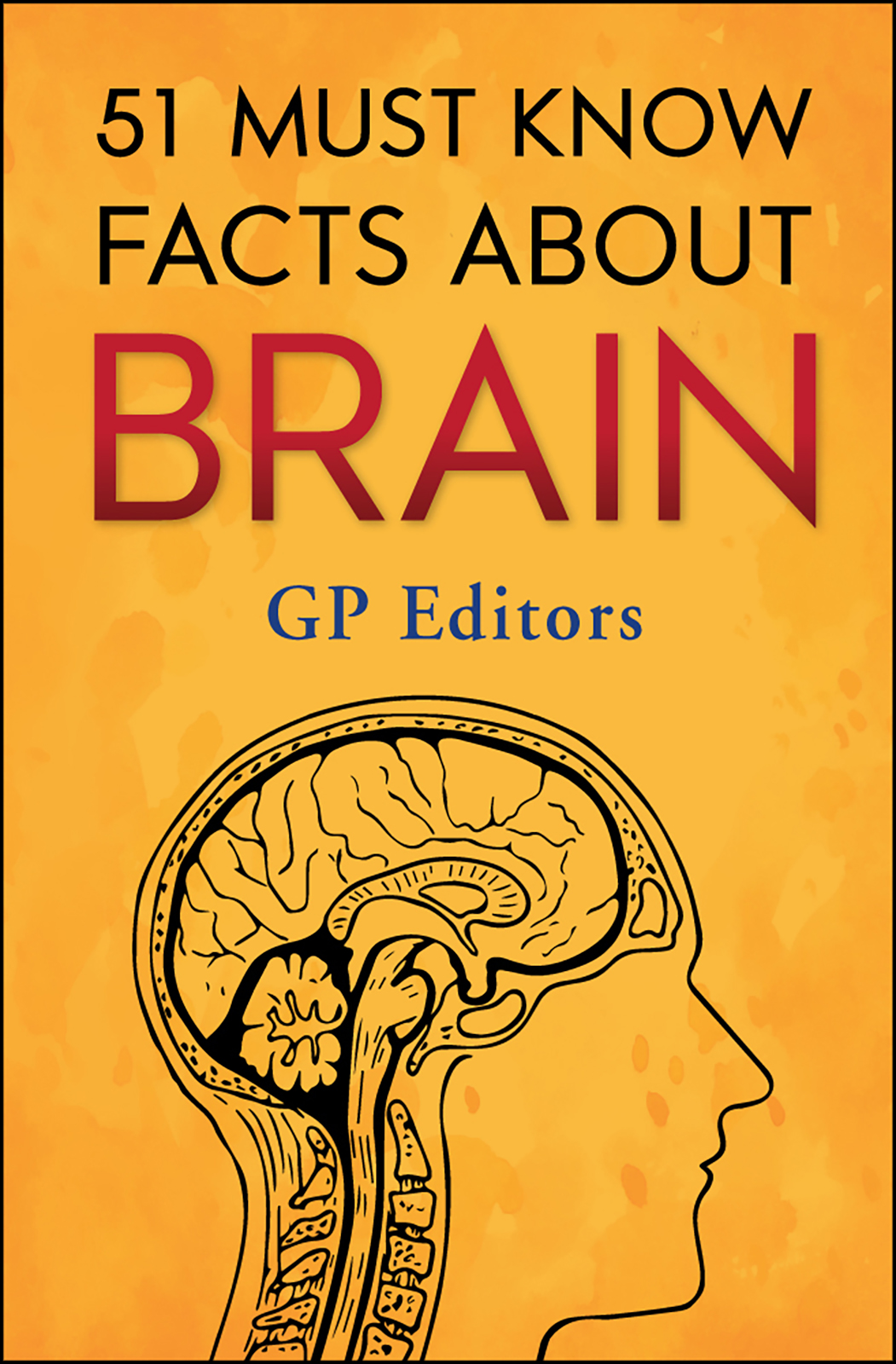
The Future of an Illusion (eBook)
First published in 1927, ‘The Future of an Illusion’ examines the roots of society and religion, written by Sigmund Freud, an Austrian neurologist and the founder of psychoanalysis, a clinical method for evaluating and treating pathologies in the psyche through dialogue between a patient and a psychoanalyst.
This is Freud's best-known and most assertive psychoanalytic investigation of religion and is the fruition of a lifelong practice of reflection. Freud uses his understanding of psychology to examine the roots of both civilization and religion. This takes the form of a comprehensive essay, with Freud forming an argument throughout its chapters about the history of religion and the part it should play in society’s future.
Freud wrote a number of influential books that popularized his psychoanalytic theories, such as ‘The Interpretation of Dreams’ (1899) and ‘The Ego and the Id’ (1923).
“Immorality, no less than morality, has at all times found support in religion.”
—Sigmund Freud, The Future of an Illusion
BEST SELLERS
About the Author
Sigmund Freud (1856-1939) is one of the twentieth century's greatest minds and the founder of the psychoanalytic school of psychology. His many works include 'The Ego and the Id', 'An Outline of Psycho-Analysis', Civilization and Its Discontent, and others.
He was an Austrian neurologist who became known as the founding father of psychoanalysis. Freud qualified as a doctor of medicine at the University of Vienna in 1881, and then carried out research into cerebral palsy, aphasia and microscopic neuroanatomy at the Vienna General Hospital. He was appointed a university lecturer in neuropathology in 1885 and became a professor in 1902.
In creating psychoanalysis, a clinical method for treating psychopathology through dialogue between a patient and a psychoanalyst, Freud developed therapeutic techniques such as the use of free association and discovered transference, establishing its central role in the analytic process. Freud's redefinition of sexuality to include its infantile forms led him to formulate the Oedipus complex as the central tenet of psychoanalytical theory. His analysis of dreams as wish-fulfillments provided him with models for the clinical analysis of symptom formation and the mechanisms of repression as well as for elaboration of his theory of the unconscious as an agency disruptive of conscious states of mind.












